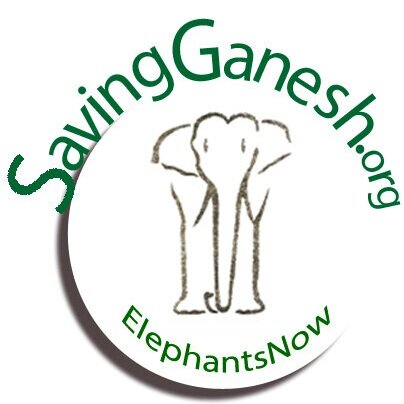Title: Transforming Mason Elephant Camp: A Guide to Ethical Elephant Tourism
This guide outlines how Mason Elephant Camp can transition to an ethical, abuse-free model, using proven strategies from Elephant Nature Park (ENP) in Chiang Mai, Thailand. The approach emphasizes elephant welfare, promotes observation-based experiences, and integrates conservation efforts to align with the expectations of eco-conscious tourists. Key areas include eliminating rides, expanding enclosures, adopting positive reinforcement, developing educational programs, focusing on rehabilitation, and building partnerships with conservation organizations. By adopting these practices, Mason can become a model for ethical tourism and elephant care.
1. Eliminate Elephant Rides and Emphasize Observation-Based Experiences
• ENP Example: Elephant Nature Park completely bans elephant rides. Instead, it offers visitors opportunities to observe elephants freely roaming in a natural environment, allowing them to witness natural behaviors like socializing, foraging, and bathing in rivers .
• Action for Mason: Eliminate rides and create structured, observation-based experiences where tourists can watch elephants in larger, more natural enclosures. Highlight the educational aspect to engage and inform visitors about the benefits of ethical elephant tourism.
2. Provide Space for Free Movement and Social Interaction
• ENP Example: ENP has expansive areas that allow elephants to roam and form natural social groups. This space gives them the freedom to behave naturally, promoting their physical and psychological well-being .
• Action for Mason: Expand current enclosures to create open spaces where elephants can interact, forage, and roam. This approach will help foster natural herd dynamics, similar to what ENP has achieved.
3. Use Positive Reinforcement Techniques and Ban Bullhooks
• ENP Example: ENP does not use bullhooks or chains. They employ positive reinforcement and gentle guidance to manage elephants, creating a stress-free environment .
• Action for Mason: Train staff in positive reinforcement methods. Emphasize trust-building and rewards, ensuring that all interactions are safe and respectful for both staff and elephants. Highlight these humane practices in marketing materials to attract ethically-minded tourists.
4. Develop Educational Programs and Sanctuary Tours
• ENP Example: ENP offers guided tours led by knowledgeable staff who educate visitors on elephant behavior, biology, and the importance of conservation. This approach builds empathy and understanding among visitors .
• Action for Mason: Implement similar educational programs, where trained guides provide in-depth information about elephants and the conservation efforts underway. This shift from entertainment to education attracts tourists who want meaningful and responsible travel experiences.
5. Focus on Rehabilitation and Care Initiatives
• ENP Example: ENP prioritizes rescuing and rehabilitating elephants from abusive situations. They provide medical care and recovery programs, showcasing their efforts as part of the visitor experience .
• Action for Mason: Shift the focus to becoming a sanctuary that rescues and rehabilitates elephants. Use transparency by sharing the stories of rescued elephants, and provide tours that show the rehabilitation process. This approach not only benefits the elephants but also aligns with Western tourists’ growing preference for ethical wildlife experiences.
6. Implement a Hands-Off Policy for Visitors
• ENP Example: ENP maintains a hands-off approach, allowing visitors to view elephants from a distance to minimize stress and ensure the animals’ comfort .
• Action for Mason: Establish clear guidelines that limit physical contact between tourists and elephants. Provide viewing platforms and designated paths where visitors can safely watch the elephants while ensuring their space is respected. Promote this policy as a core value to demonstrate Mason’s commitment to ethical standards.
7. Partner with Local and International Conservation Groups
• ENP Example: ENP collaborates with various wildlife organizations, bringing in experts and resources to improve their conservation efforts. These partnerships help build credibility and attract tourists who value conservation-driven tourism .
• Action for Mason: Build partnerships with reputable conservation organizations. Engage these groups to train staff, fund conservation efforts, and promote the camp’s transformation. Highlight these collaborations in marketing efforts to show commitment to long-term, sustainable practices.
8. Transparent Pricing for Ethical Tourism
• ENP Example: ENP maintains transparency in its pricing and charges a premium for ethical tourism experiences, ensuring funds support the sanctuary’s elephants and conservation efforts.
• Action for Mason: Introduce a pricing model where a portion of every ticket clearly goes to elephant care and rehabilitation efforts. Ensure transparency about how funds are used, which can build trust and attract Western tourists who are willing to pay more for ethical experiences.
By following these models and practices demonstrated by Elephant Nature Park, Mason Elephant Camp can effectively transition to an ethical, abuse-free operation that not only enhances the well-being of elephants but also appeals to a growing market of eco-conscious tourists.

